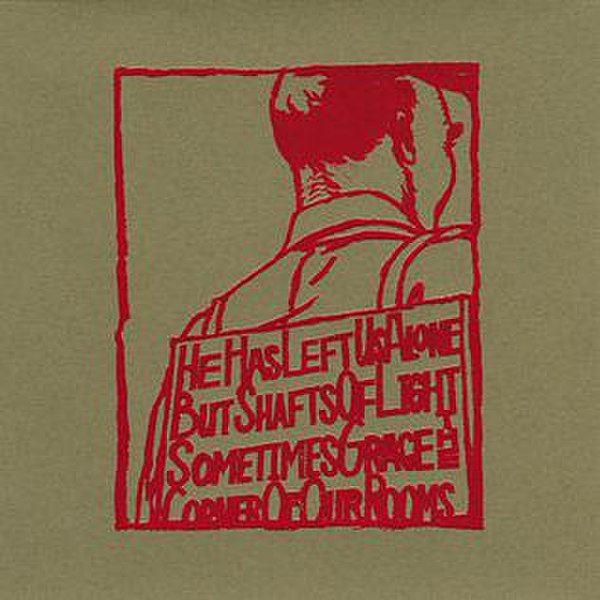
Castanets
City of Refuge
Asthmatic Kitty Records
The easiest words to describe Castanet’s fourth studio album, City of Refuge, are “sparse” and “atmospheric.” These are both apt but only skim the surface of what Ray Raposa set out to do when he recorded the album alone in a Nevada hotel room.
City of Refuge is a dark, introspective album that allows Raposa to expose himself through narrative, delicate guitar picking and metaphor. It is an album where its songwriter truly does take refuge, returning to the theme not only in the album title but as a two-part song. “Refuge 1” finds Raposa mid crisis, announcing his intention to “run to the city of refuge.” Near the end of the album, after he’s explored himself emotionally and musically, he breaks out traditional blues chords for “Refuge 2,” adds an echo to his voice and begs the “city to take back the whiskey, cocaine and the heavens.” The running didn’t pay off the way he expected it to, but something beautiful and personal happened there.
Though the album traces a personal struggle, it’s not without its tender moments. As with any re-evaluation of the world, the mood is not consistent. The gospel song “I’ll Fly Away,” which has been recorded by everyone from Alison Krauss and Gillian Welch, Johnny Cash and Kanye West, is a moment of false redemption within the search. It’s the moment that Raposa thought he was looking for, and it’s followed by the instrumental and Calexico (without the horns)-esqe “Hum”—a song of travel from the city that leads nowhere but right back to the beginning. In fact, no matter how many times Raposa tries to escape into refuge, and refuge itself, he’s left with only himself. Despite the attempt to either repress the pain or reach catharsis, City of Refuge, like life itself, never fully lets go. And in that constant search lies one of the most introspective and beautiful albums of Raposa’s career.


 Castanets
Castanets Books litter my office. They're on shelves above my desk, stacked in stolen postal service boxes under the table and overflowing from the tops of filing cabinets. Many of these books aren't of the kind I want to read but every once in awhile my snobbish intellectual side is treated to a Nobel Prize winner or a new translation of an old classic.
Books litter my office. They're on shelves above my desk, stacked in stolen postal service boxes under the table and overflowing from the tops of filing cabinets. Many of these books aren't of the kind I want to read but every once in awhile my snobbish intellectual side is treated to a Nobel Prize winner or a new translation of an old classic.
